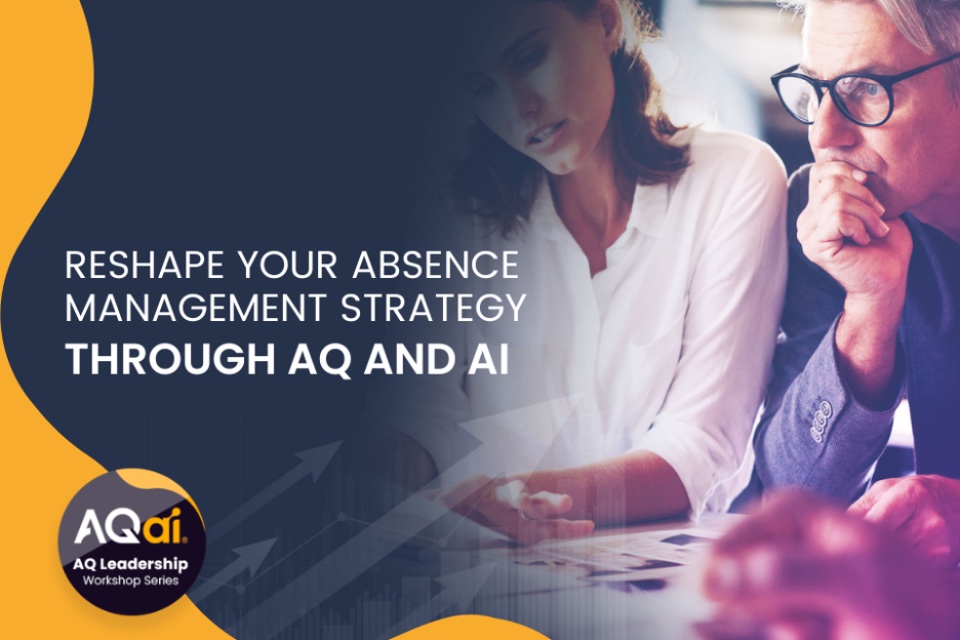No doubt you’ve probably felt the mounting pressure of managing employee absences. Traditional approaches seem less effective against a backdrop of rapid change, hybrid working and digital transformation.
For a moment, let’s reconsider how we might perceive and handle absence management. Often, organizations view absences as setbacks — disruptions that chip away at productivity and continuity. However, perhaps it’s time to shift our perspective. Instead of simply reacting to absences, what if we could anticipate and mitigate them? It’s time to view absence management not as a challenge, but as an opportunity for fostering a more adaptable, resilient workforce.
In fact, the World Economic Forum’s Future of Jobs Report 2023 and PwC’s latest Global Workforce Hopes and Fears Survey reveal some eye-opening statistics:
- 83% of employees foresee adaptability as crucial for their career in the next five years.
- 44% of worker skills are expected to be disrupted within this period.
- Approximately 60% of workers will require training, with a spotlight on skills such as resilience, flexibility, and agility, and curiosity for lifelong learning.
These figures highlight the critical need for adaptability in our workplaces. In the words of Ross Thornley in his guide, Future-ReadyL&D Professional, “One of the key aspects of fostering agility and adaptability is cultivating resilience among employees, which is an essential component of adaptability intelligence.”
Understanding each employee’s adaptability can be a game-changer. By going beyond the surface and delving into the roots of what drives engagement and absence, we can begin to tailor interventions that are both proactive and personalized. Recognizing that each individual has a unique response to stressors, we can cultivate environments that support their adaptability, and in turn, minimize absences. Imagine being able to foresee potential drops in engagement or looming personal struggles. With this insight, we can create preemptive measures that not only reduce absences but also enhance each employee’s overall experience and productivity. This is the power of adaptability; it’s about predicting and addressing problems before they escalate, fostering an environment where each employee can flourish.
A high AQ (Adaptability Intelligence) enables leaders to understand and adjust to diverse situations driving employee absence, leading to a healthier, more engaged workforce. Integrating this with AI’s practical applications can revolutionize how we manage absences.
At this point, you might wonder, ‘How can I develop such a skill set?’ That’s where our “AQ Leadership Workshop: Leading in the AI Era” comes into the picture. It’s an opportunity to delve deeper into AQ and AI and discover their tangible benefits for your team and organization.
We help you understand Generative AI and how it can enhance resilience and performance. You’ll learn techniques to foster adaptability within yourself and your team, leading to a more resilient, responsive workforce. And, you’ll gain insights into seamlessly integrating AI and adaptability into your daily operations.
Smart leaders are investing now to revolutionize their approach to absence management. Starting with understanding the adaptability of their workforce and how AI can enhance leadership skills. Ready to explore more? Dive deeper with us at www.aqai.io.
Remember, adapting to change is more than just survival; it’s about thriving amidst disruption. The power to do that lies in our adaptability intelligence. Let’s embrace it together!









